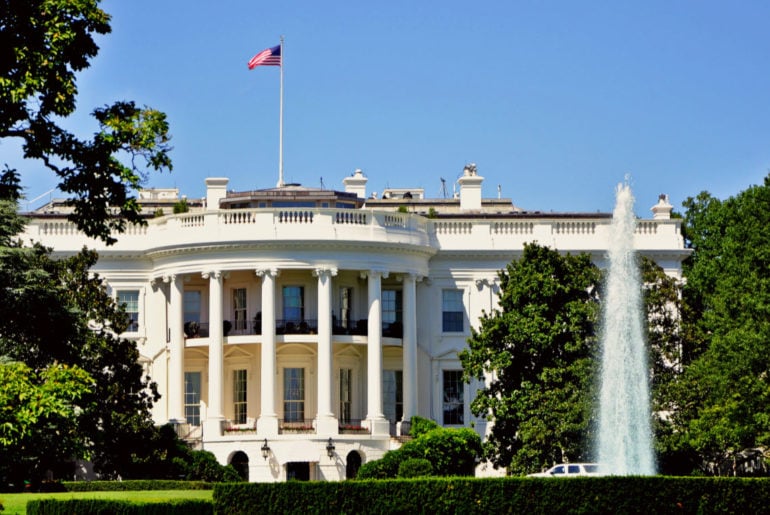In 2023, we helped Canadian employers overcome a host of new challenges across the employment law landscape. Many companies started the year with difficult cost-cutting decisions and hybrid work challenges. In our 75-minute “quick hits” format, we’ll help Canadian in-house counsel and human resources leaders track what to keep top-of-mind for 2024.
In Christensen v. United States, the Court of Federal Claims held that a husband and wife could credit French income taxes against their US net investment income tax. Christensen has an immediate and direct impact on taxpayers who are subject to the 3.8% net investment income tax.
Taxpayers who pay the net investment income tax and who reside in treaty jurisdictions should review their treaty positions and evaluate their ability to claim foreign tax credits under an applicable treaty for prior years and going forward.
On 11 December 2023, Treasury and the IRS issued Notice 2023-80 (the “Notice”), which represents the US government’s first attempt to address the US federal income tax implications of Pillar Two. The Notice provides guidance on certain foreign tax credit and dual consolidated loss issues that arise in the context of Pillar Two. The Notice also extends the period of relief for the 2021 final foreign tax credit regulations until more guidance is issued.
Potentially fraudulent employee retention credit (ERC) claims are an issue of great concern to both Congress and the IRS, resulting in civil and criminal investigations of certain “ERC mill” promoters. Larger employers have seen these kinds of claims arise in due diligence when looking to purchase a smaller company. We discuss actions taken by the IRS to combat potentially fraudulent claims.
On 18 December 2023, the Antitrust Division of the US Department of Justice (DOJ) and the Federal Trade Commission (FTC) jointly issued their highly anticipated final version of the 2023 Merger Guidelines . The issuance of the Guidelines follows the agencies’ release of draft guidelines in July and the conclusion of a public notice-and-comment period. The Guidelines set out how the agencies assess whether mergers and acquisitions threaten anticompetitive harm in violation of US antitrust laws.
Most notably, the newly issued Guidelines retained the lower thresholds for establishing presumptions of anticompetitive harm — including if the merger gives the combined firm more than 30% market share. Additionally, the Guidelines outline a holistic approach for analyzing vertical mergers.
On 1 December 2023, the US Court of Appeals for the Fourth Circuit reversed a Sherman Act conviction of a former executive of an aluminum products manufacturer for failure to state a per se antitrust offense. While DOJ is considering en banc review of this opinion, if upheld the decision could have lasting implications for how the DOJ proceeds with indictments involving parties that engage in dual distribution. We will continue to monitor for future developments in this case as it moves forward.
For months, Treasury’s attention may have been focused on guidance implementing the Inflation Reduction Act, particularly the green energy provisions. Seasoned tax professionals know better than to let their guards down as fall turns to winter, however. Treasury and the IRS are notorious for releasing a flurry of guidance before the new year, often addressing imminent deadlines or tidying up loose ends.
If your organization does business across the US and collects consumer health data (broadly defined, health inferences generated from non-health data count), compliance with US state consumer health privacy laws is just around the corner. Consumer health privacy laws in Nevada (Senate Bill 370) and Washington (the My Health My Data Act) become fully operative for regulated entities on 31 March 2024. Requirements specific to consumer health data are already operative in Connecticut.
In 2023, the Government of Canada focused on modernizing Canada’s Competition Act and Investment Canada Act, proposing legislation that will overhaul existing legislative frameworks. Looking forward, we expect the Government will continue its modernization agenda and the respective authorities will continue to take strong enforcement positions against perceived anti-competitive conduct and investments that raise potential national security concerns in 2024.
On 22 November 2023, the finalized regulations enacted under the Retail Payment Activities Act (RPAA) were published, with registration-related requirements expected to come into force beginning in November 2024 and the remainder in September 2025. The RPAA and Retail Payment Activities Regulations make up Canada’s new retail payment supervisory regime overseen by the Bank of Canada, Canada’s central bank.



